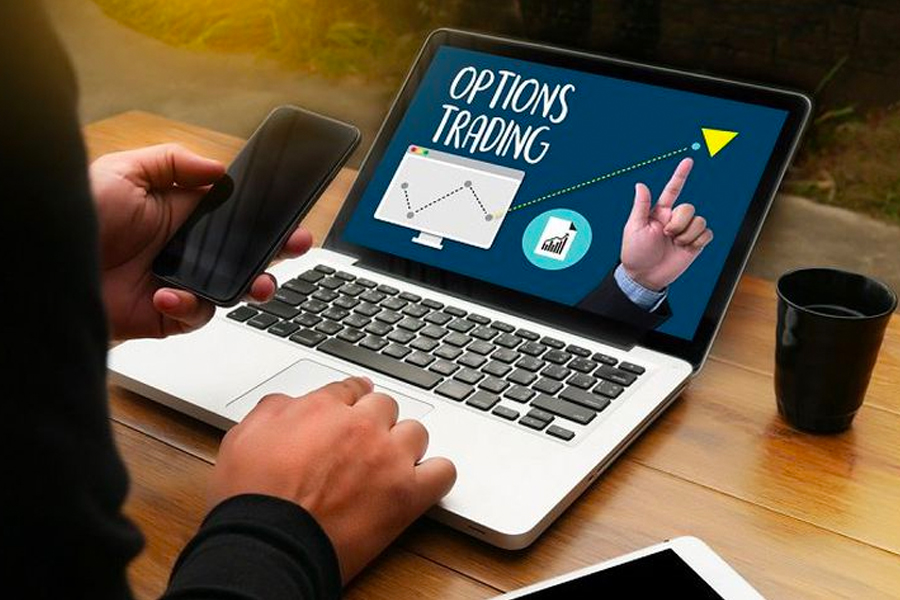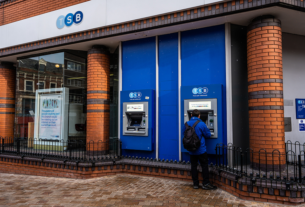Many companies offer online trading accounts to allow you the opportunity to purchase and sell shares. Options traders can also use such an account to take advantage of their potential. According to Singapore tax rates, if your investments prove lucrative, these profits will be taxed.
Trading options on the Singapore exchange are not as popular as they used to be because of the high fees involved, which could significantly cut into potential gains. Furthermore, before one can invest in Singapore stocks using stock options, there are specific rules about which you must first become aware.
What are Index Futures?
One of the most important things that should be mentioned is that unless you have a Masters degree or above in Engineering or Science, you cannot invest in index futures. The reason for this rule is that index futures are deemed to be among the most complex of all financial derivatives.
Even if you can invest in index futures, some rules still apply. You must have had an active account with a brokerage company for at least three months before you can invest in stock options. Furthermore, expiry periods cannot exceed 30 days for options that are not ‘American’. It is also worth noting that price limits do tend to vary from one brokerage firm to another, so be sure you check out what they are before making any trades.
Trading options on the Singapore Exchange
The Singapore Exchange has various options available to trade, but it is essential to understand the key differences between these instruments before you can start trading.
The first distinction one has to make is if you will be dealing in cash-settled or physically settled options. Cash-settled options only require the payment of any outstanding amount should there be a difference between where your underlying security ends up at expiration and your originally calculated strike price.
Physically-settled options deal with physical delivery of the underlying security itself, meaning that if you purchase an option on XYZ stock that expires below $10/share, then regardless of what happens during those 30 days until expiration, you will receive a box full of XYZ shares as your payout.
While you can choose either type of option, buying a cash-settled option is often the recommended move as it requires no cost to keep storage on your underlying security and allows you to make money even if that underlying security goes nowhere before expiration.
Secondly, traders should be aware that there are two types of options: calls and puts. A call option may give you the right but you are not obliged to purchase specific securities at an agreed-upon price by an agreed-upon date in the future. Put options give you the right but not obligation to sell particular securities at an agreed-upon price by an agreed-upon date in the future.
Whether or not investing in Singapore stocks using index futures is even something you want to consider will depend entirely upon how much you have to invest. If you are unsure, it is worth noting that investing in ETFs (Exchange Traded Funds) can be a less expensive alternative, and there are also mutual funds for those who want more diversification.
Risks of trading options on the Singapore Exchange
Of course, these types of investments do not come without risks either. Just like trading on index futures, your money could be lost if the market crashes or if you make the wrong decision while trading online. Furthermore, Singapore taxes on capital gains will apply unless you hold your investments in a tax-free account.
Summary
Before deciding to trade, you should carefully consider your investment objectives, level of experience and risk appetite. Options may not be suitable for all traders. Not all strategies are appropriate for every investor, and each investor should ensure that they understand the risks involved. Remember that past performance is not indicative of future results. The value of an option depends upon movements in the underlying asset (stock). Beginner traders interested in trading options are advised to use a reputable online broker from Saxo Bank.





